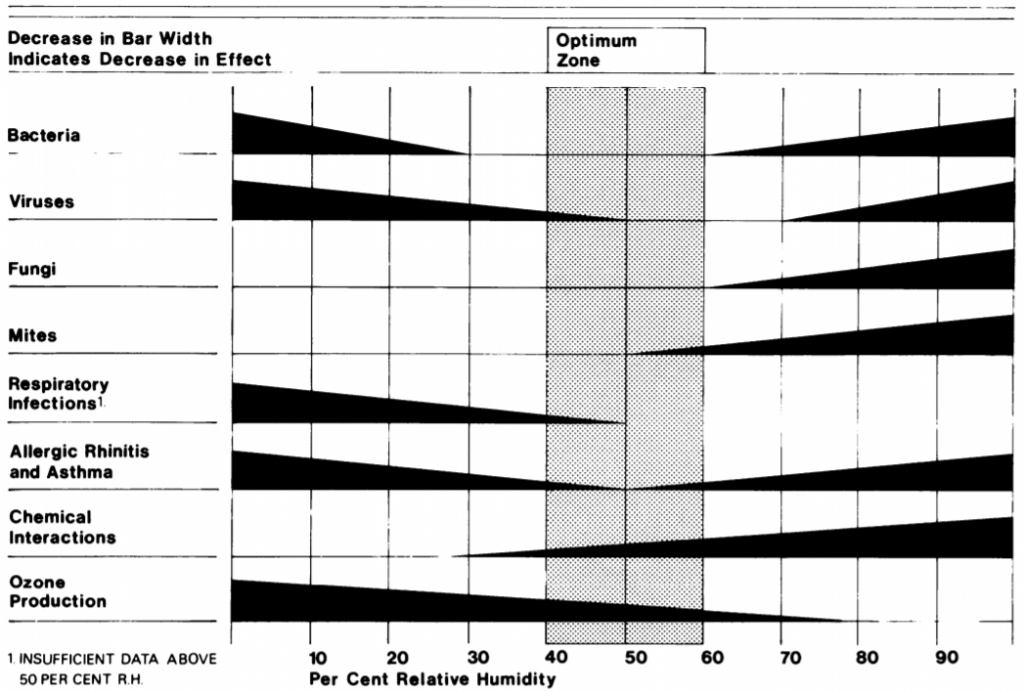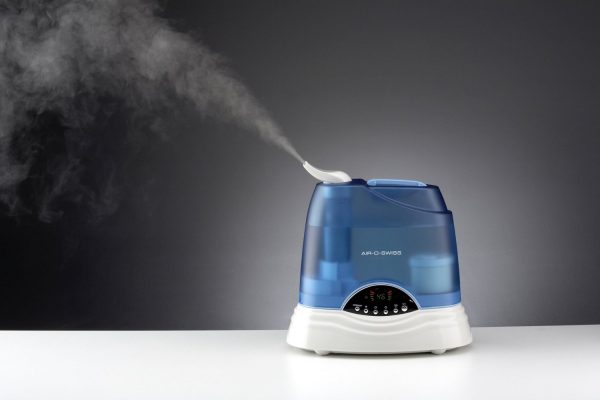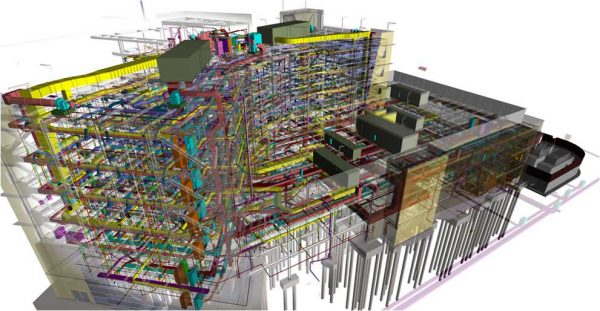While most conversations about building comfort deal with the temperature of the space, humidity plays a larger role than you may realize in building comfort and health.
Humidity is the amount of water in the air. The total amount of water the air can hold is relative to the temperature of the air and the percent that the air is “full” of water is called the relative humidity. For example, if we warm 58 °F air at 90% humidity up to 75 °F, the humidity will now be 50% but the actual amount of water hasn’t changed.
For comfort, the less the humidity in the air the faster sweat will evaporate off the human body which makes the air feel cooler. If you live somewhere that has high humidity in the summer, you know how uncomfortable and hot it can feel. Perhaps more importantly, humidity can also affect the amount of bad stuff in the air (bacteria, viruses, allergens, etc). These pathogens survive better in humidity extremes but tend to die in mid-range humidities. This is partly why people get the flu in winter (cold with low humidity) and in the tropics (warm with high humidity). The image below was taken from a study published in Environmental Health Perspectives that shows how both high and low relative humidities pose a risk to air health. The same study concludes by recommended that humidity is kept in the 40-60% range.

To control the comfort and health, engineers try to follow these guidelines and keep the humidity within the desired range. Most residential HVAC systems do not have dedicated humidity controls, but the air conditioner will remove humidity from the air when it is running. Some commercial systems are designed to measure the humidity level and run the system in a way that can control the humidity while not over-cooling the space. During heating mode, the air will decrease in relative humidity when heated (like in our example above), so a humidifier is sometimes included with a system to maintain the humidity setpoint.
At Forward Engineers, we seek to not only be a design and consulting firm but to also educate our clients about engineering technology. While doing so, we inevitably refresh our own knowledge and sometimes even learn something ourselves. If you are seeking to work with an engineering firm that is client-centered and strives to provides services that are on time, on budget and exceed expectations, please contact us. We would love to work with you on your next project!




